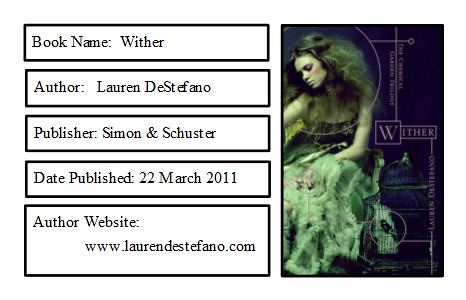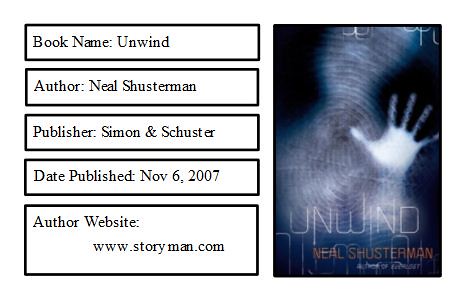Pia has grown up in a secret laboratory hidden deep in the Amazon rain forest. She was raised by a team of scientists who have created her to be the start of a new immortal race. But on the night of her seventeenth birthday, Pia discovers a hole in the electric fence that surrounds her sterile home--and sneaks outside the compound for the first time in her life.I'm not sure what I was expecting when starting this book, but I ended up with my expectations completely blown out of the water. There was a lot of good in this book. I love the premise and the setting, they seem totally unique and fresh. The author did a great job of painting the Amazon rainforest and the scientists' compound as places that I can visualize and seem realistic even though I've never been anywhere close to either of them. Although I thought the scientific process of the immortality could be better explained I liked how it took time and planning and wasn't just instant. Pia was a delightful character. I like how she seemed just like a teenager: secure in her world and how she thinks things are, and a bit rebellious and starting to question things and rebel a bit. I liked the characterization in many of the scientists, it is nice that there was a variety of people from the cold-hearted to the love of exploration types. It was also a pleasant surprise to find that it's Pia's father that has an emotional attachment, not her mother.
Free in the jungle, Pia meets Eio, a boy from a nearby village. Together, they embark on a race against time to discover the truth about Pia's origin--a truth with deadly consequences that will change their lives forever.
Origin is a beautifully told, shocking new way to look at an age-old desire: to live forever, no matter the cost.
I think my biggest problem in this book is Eio. It really irked me that Eio was half-white. It didn't seem to add much to the story to make him the son of a scientist rather than just the protege. He could have learned English and scientific knowledge and still formed an attachment to someone who had an excuse to visit the village a lot in their research. To make him half white seemed too colonializing, especially with the long, lingering statements about his looks. The comparison to the Ai'oa makes them seem connected with the land and yet dumb and trusting. In other words, stereotypical "natives". This stereotyping of Eio makes him fall a little flat, too, since it seems that all he is can be contained in his dichotomy. He's not given any personality outside of his tribe or his age. I also didn't really like how fast Eio and Pia fell in love. I guess I'm just over the insta-love thing. If you can get around these problems there is an enjoyable read, and I'm very happy that the ending is concise and closed and seems unable to spawn a trilogy. It's nice to have a stand-alone every once in a while.




